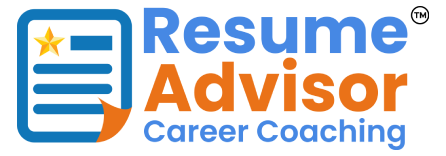Many of our careers include an employment gap, due to chance or circumstances. While these gaps may not impact our ability to successfully fulfill a role we apply for, we still may be called upon to explain them at some point in the interview process. Some of us may be tempted to overshare, while others tend toward being too brief.
It can be difficult to navigate the best path in our explanation, so preparation for the question is key. Here are some tips to help finesse a discussion of employment gaps on our resume.
1. Briefly Describe What Happened
Offer a brief but complete description of your time away from your career. Do not go into awkward aspects of your personal life, such as ranting about an ex-spouse, but also don’t be so abrupt that your interviewer is left wondering what really happened. If you were dealing with a divorce or other family crisis, say so in an objective way without pouring emotion all over your words.
If you were taking care of a newborn baby or other relative, you can say that without going into minute detail, especially about a death or illness. Too much emotional sharing could make your interviewer feel uncomfortable.
2. Don’t Justify or Assume
Confidently state your reason for being away without making excuses or trying to justify your life. Don’t assume your interviewer’s state of mind, since they may empathize more than you know and could have had a similar experience—not that you should expect any return of personal information, as the interview is focused on you.
Turn the event into a positive, such as “Caring for my mother after her surgery was the right decision for me at the time. I feel good about being there for her.”
3. Read their Signals
Be attuned to your interviewer’s body language and tone of voice (even over Zoom), so you can find the sweet spot of sharing just enough and not too much. Remember that you don’t want your interviewer to end up believing you’re a mysterious, secretive person who may be dishonestly concealing information. If they ask for more details, then you may share more.
4. Honesty is Key
If your employment gap was due to being terminated, be honest about that, for it can be checked. Do not lie about being fired but try to turn it into a positive. For example, you might say that your exit interview helped you discover that you prefer customer service to number crunching and you appreciate the opportunity to learn from this experience. See Jonathan’s Wiki article for more ideas about explaining a termination.
5. Create a Positive
If you took an online class or attained new certification during your employment gap, make sure to highlight this to show how you are a person who constantly seeks opportunities to learn. Emphasize that you have stayed up to date in your field by reading news releases and/or staying in contact with former associates for data and advice.
6. Highlight your Strengths
Mention a “soft” skill you learned or were able to enhance during your employment gap, such as patience or multi-tasking. This shows how well you adapt to new circumstances and emerge even stronger.
7. Mention COVID-19, if Applicable
If your time away was due to Covid-19, whether you yourself were ill or your company went under/downsized, feel free to mention this, as everyone will understand this new reality in the workplace.
8. You Are Ready to Work, Now
Emphasize that you are now able to give your full attention to a new job. This is crucially important! Whatever situation kept you in an employment gap is now handled and you are ready to work.
We hope you have found this article helpful. Contact Resume Advisor for assistance in creating your resume today!

